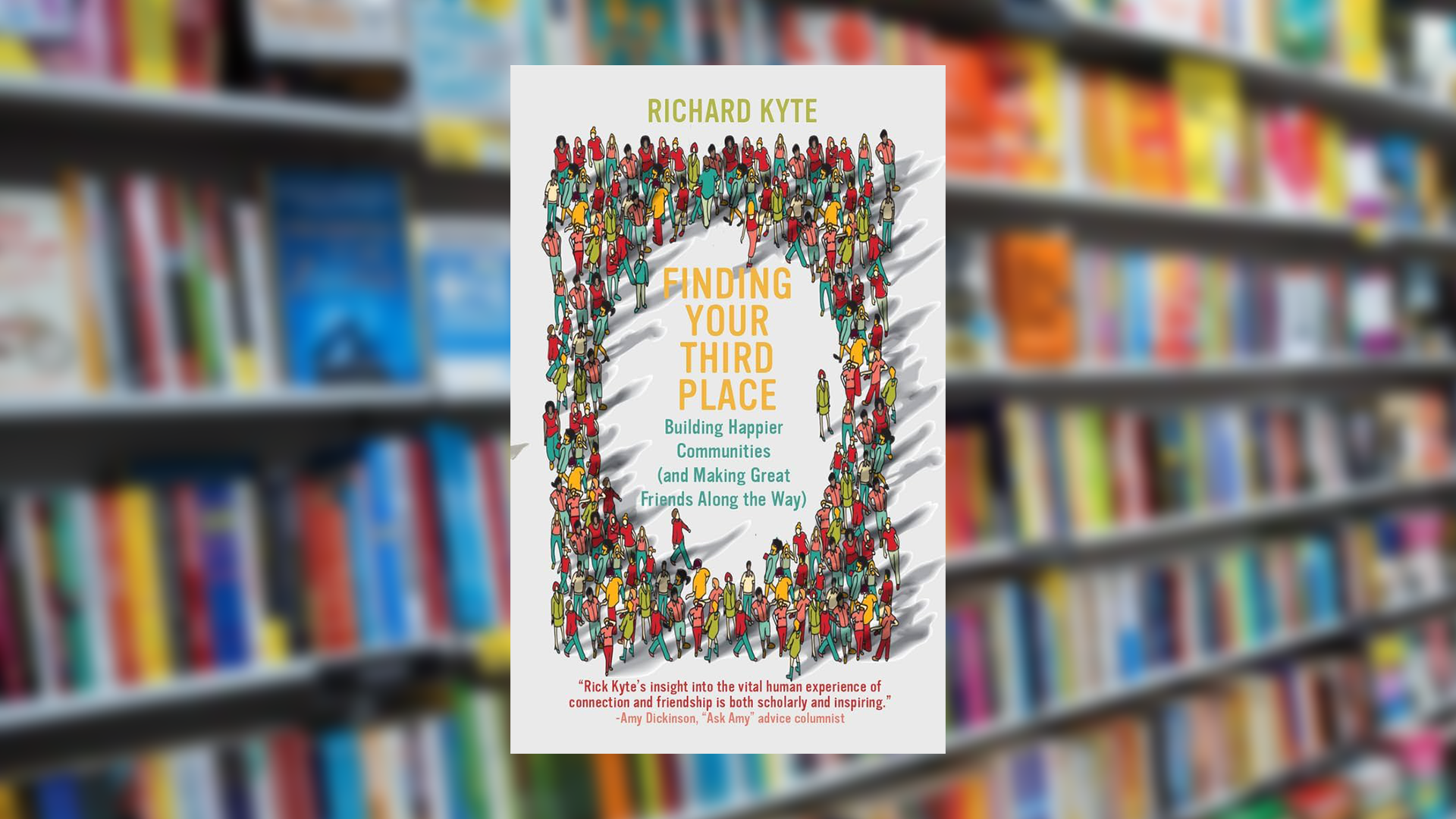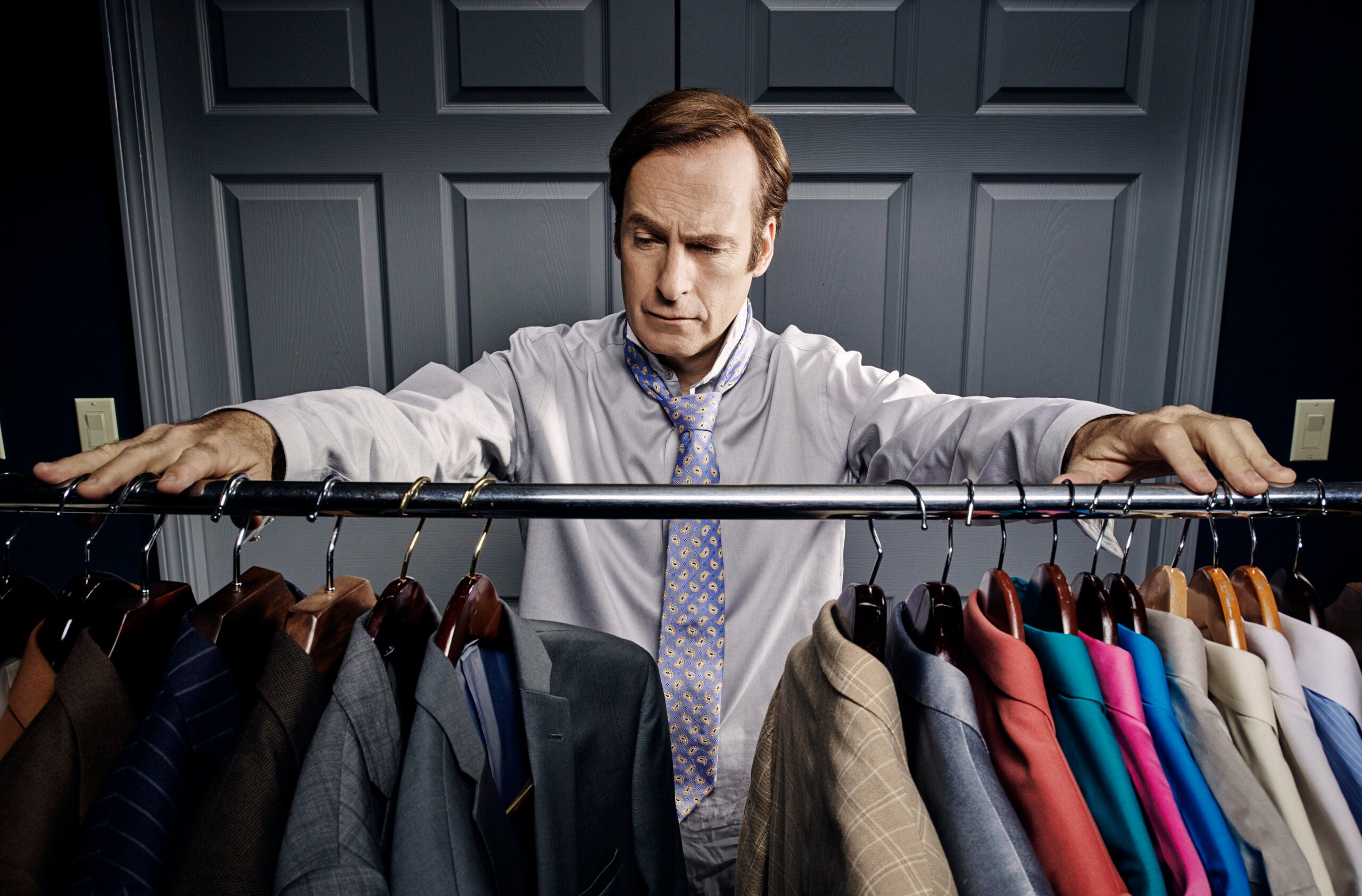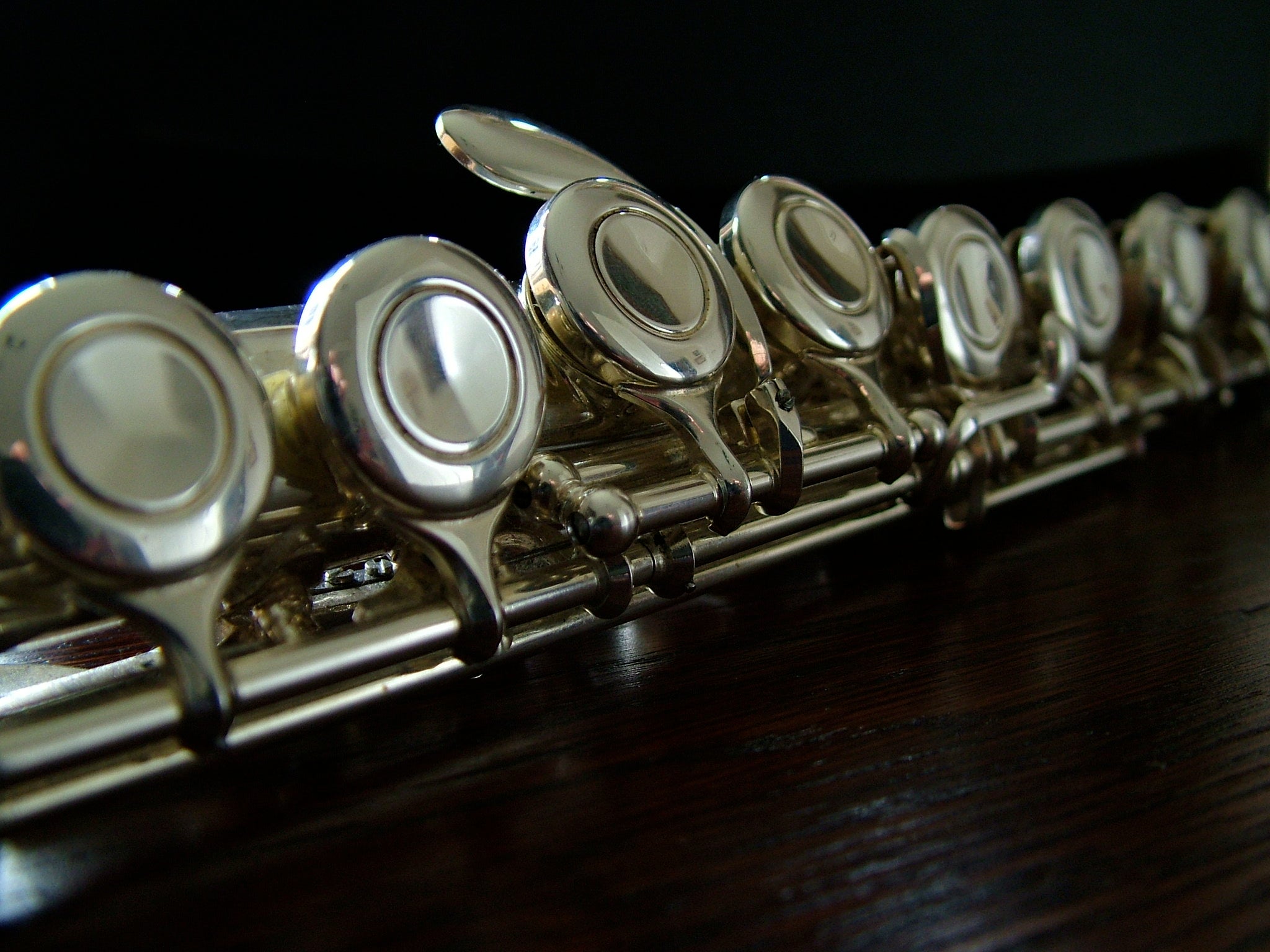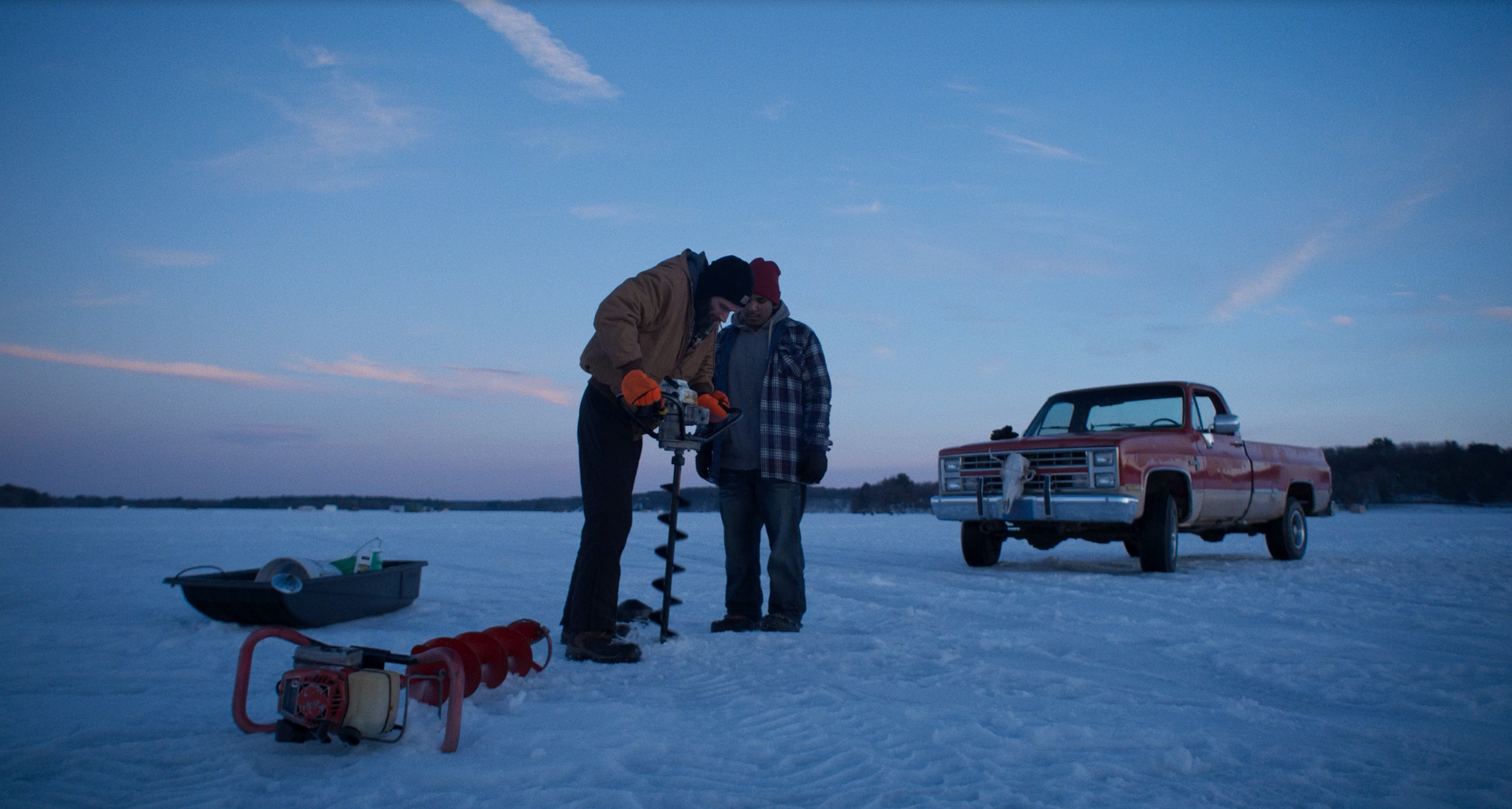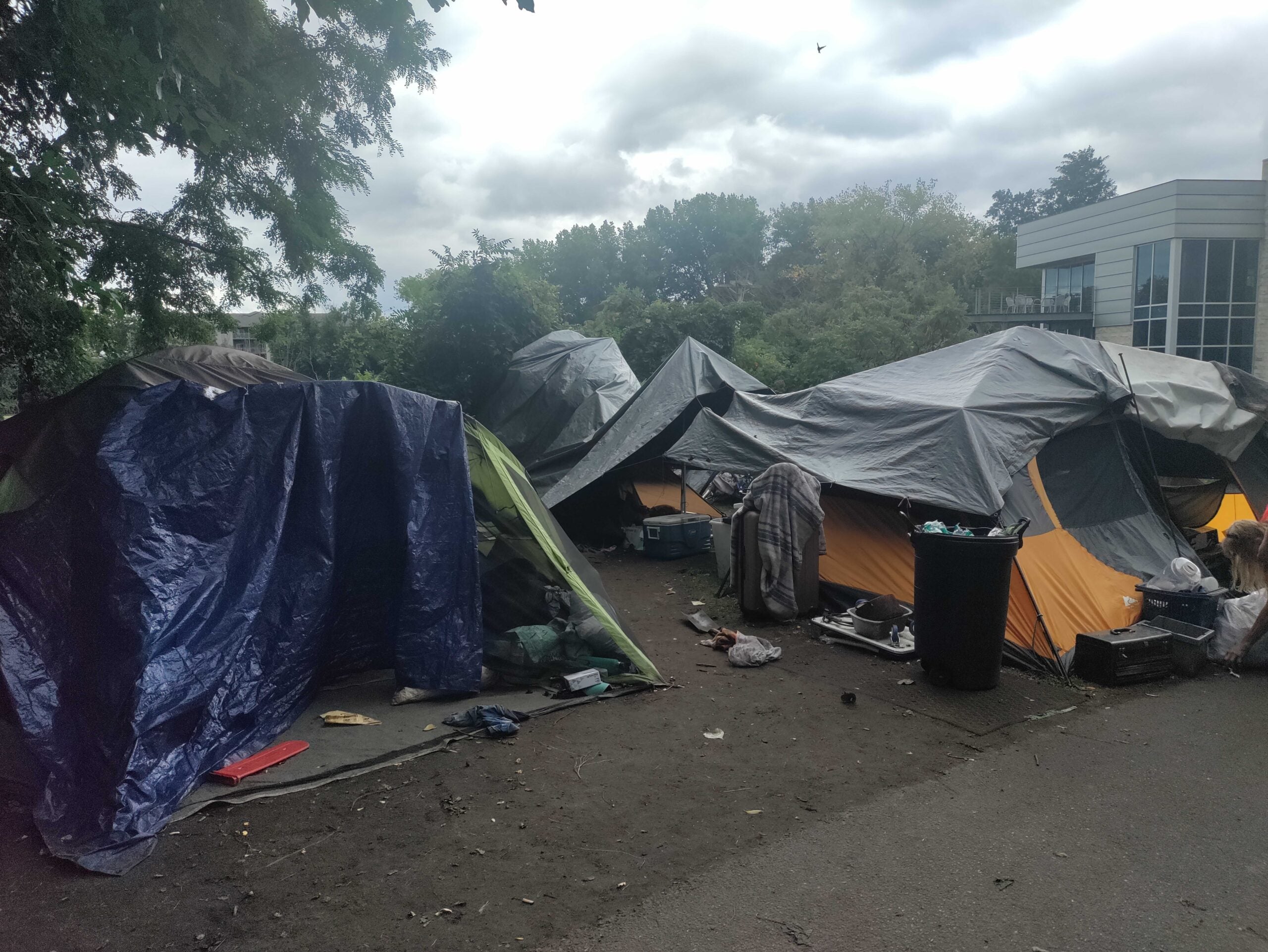Work-life balance is a lofty goal for some to achieve and seemingly impossible for others.
For La Crosse-based author Richard Kyte, an important tool is ensuring people are active in all the right places. He describes home as one’s first place and work as the second place.
In order to be a more complete person, part of a better community, Kyte advocates for everyone to have a vibrant, welcoming third place, which he talked about with WPR’s Ezra Wall on “Morning Edition.”
Stay informed on the latest news
Sign up for WPR’s email newsletter.
Kyte is director of the D. B. Reinhart Institute for Ethics in Leadership at Viterbo University and the author of the new book, “Finding Your Third Place: Building Happier Communities (and Making Great Friends Along the Way).”
The following transcript has been edited for brevity and clarity.
Ezra Wall: What is a third place?
Richard Kyte: It’s the place where we go to socialize, where we go to make friends. It’s not home. It’s not work. It’s someplace that’s easy to access, that’s comfortable and that’s conducive to conversation.
EW: This isn’t a brand-new idea. Where did you first hear about this concept of third places?
RK: I heard about this idea about 20 years ago from a sociologist that I that I knew. We were sitting in a coffee shop and he dropped the term “third place,” thinking I knew what it was and I had never heard of it. It comes from another sociologist named Ray Oldenburg, who wrote a couple of books in the late 1980s and early 1990s explaining it.
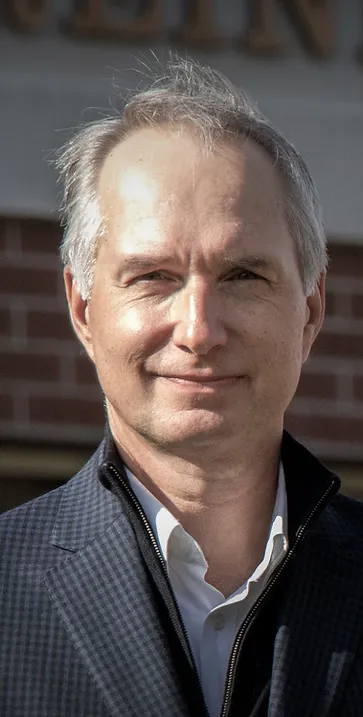
EW: You point out that people often feel as though the world is becoming generally worse, but that statistically, many things are continuously getting better. What’s causing that disconnect in people’s perceptions?
RK: It’s really a remarkable thing that the world is getting much better in just about every measurable way in categories like health and longevity, equality, childhood mortality, the ability to cure diseases, and even air and water pollution.
We’ve done so much to clean things up from the time when I was a kid. And yet people aren’t feeling well. We know that there are much higher rates of anxiety, depression and loneliness. What seems to be happening is that we’ve developed a form of society in which technology fixes a lot of problems and we can use it to make our communities and our bodies better and our workplaces cleaner and better and more effective.
But we’re becoming less interdependent and that means we spend less time together. We are fundamentally social animals. We have to spend time with other people in community in order to feel good about our lives. We’re especially seeing this absence of connection in young people. That is where we’re seeing really high increases in anxiety, depression and loneliness.
EW: In the book you compare two restaurants. One is an excellent restaurant with a top-notch reputation, but it’s more of a destination. The other has a less formal atmosphere and offers patrons a real sense of community. What is it that makes a really good third place?
RK: You can tell as soon as you walk into a good third place because people are usually laughing. They’re telling stories, they’re talking and they’re looking at one another and they’re engaged with one another.
Good third places are easily accessible. So they’re easy to get to and people go to them regularly. We even have a term for that: regulars. There are usually regulars in the third place. There are people there who are maybe not there every day, but quite a bit.
Third places are also very comfortable and they’re conducive to conversation. Lots of times coffee shops are really good third places, as well as taverns. Churches can be good third places. One of the things that kind of surprised me is that pickleball courts are becoming many people’s third place all over the country right now. That’s because of the social nature of the game. People will go on a regular basis. They start running into the same people over and over.
EW: For some people connecting and making friends comes quite naturally. Others don’t even feel like they have the skill sets necessary to make new friends.
RK: No, that’s right. And this is why, maybe counterintuitively, introverts need third places more than extroverts. Extroverts are often people who don’t have trouble introducing themselves and interacting without having a regular place to go. But introverts often need a place where they feel comfortable. They need a place to see and interact with the same people over a certain amount of time.
If you want a third place and you don’t have one, make appointments, put it in your calendar, put it in a schedule, find a place that you can go. That could be a regular coffee shop or something.
Another tip is to join a club. Find a group that does something you’d like to do or has an interest that you might like to develop and join and make a commitment.
This is the main thing: we need to make friendship a priority in our lives, not something that just happens accidentally when all our other obligations are taken care of.
Richard Kyte will be signing books on June 25, 2024, at Pearl Street Books in La Crosse and on July 16 at Mystery to Me bookstore in Madison. More information is at richardkyte.net.
If you have an idea in southwestern Wisconsin that you think we should talk about on “Morning Edition,” email southwest@wpr.org.
